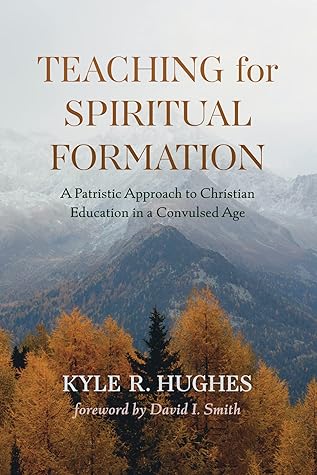While Chrysostom is clear that it is parents who are the ultimate authorities over their children, it is nevertheless the case that some aspect of this authority, in both Chrysostom’s day and our own, is delegated to teachers who stand in for the parent in providing the child’s education.131 This takes some pressure off teachers insofar as the primary responsibility for a student’s formation lies with his or her parents, and yet throughout the homily it is clear that Chrysostom sees the work of the teacher as possessing, by extension, this same authority.
Welcome back. Just a moment while we sign you in to your Goodreads account.


